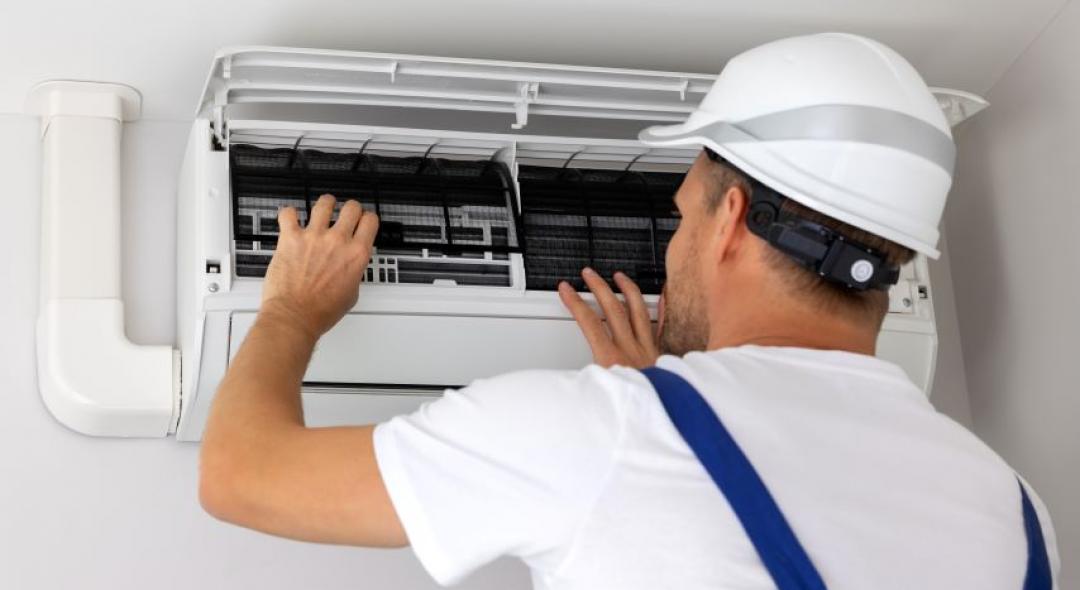Gardening enthusiasts everywhere are getting ready for cold weather to set in. Most are gearing up to protect their precious plants and soil for the long winter months of low temperatures and little direct sunlight. What are the knowledgeable fall gardening folks doing to safeguard their soil? Keep reading to find out!
“Autumn is a second spring when every leaf is a flower." – Albert Camus
Use Kale or Lettuce as Protective Agents

Smart gardeners know that winter favorites like lettuce and kale bring a lot of benefits, such as:
- Help with drainage
- Add organic matter to the ares
- Prevent erosion
- Cut down on compacted topsoil
To carefully prepare the yard for winter, cold-weather plants can be a big help.
Fencing Works Wonders
It's not an organic solution, but all-around fencing with an open-air top cover can be an important part of fall lawn care and gardening strategies. Enclosures of any kind, whether fence, screen, or latticed wood, keep most varmints out and protect a garden's ground from direct snowfall, rainfall, and harsh winds.
Take Cover

Another fall gardening hack that helps retain nutrients and deter erosion is planting a cover crop like winter peas. The overall goal is to protect soil that's already healthy, minimize winter erosive activity, and keep topsoil loose and oxygenated.
Don't Banish Weeds
Part of fall yard maintenance is letting cool-weather weeds do their thing. Typical winter growth like chickweed can do the work of cover crops in many ways. Not only do winter and fall weeds help soil fragments adhere to one another but they also draw vital nutrients into the vicinity.
Get an Expert Opinion

Many homeowners pay the reasonable consultation fee and get expert advice from local gardeners. Not only do these pros know hundreds of ways to protect soil during winter, but they can also make relevant suggestions about affordable landscaping projects to help get gardens ready for the next growing season.
Remove Old Weeds
While it makes good sense to allow winter weeds to prosper, gardeners should eliminate any of the older ones that have already taken root and begun to grow. They need to be destroyed or completely removed from the area because they remain viable for a long time after they're pulled up.
Add High-Quality Compost

When fall begins in earnest, it's the ideal time to add high-quality, homemade compost to the garden. This technique pays excellent dividends if the mulch is pressed into place and raked slightly to air it out.
Adding some sawdust, a few handfuls of straw, and a bag of leaves to a 10-gallon bin of compost can speed up the regenerative processes that take place in the soil during cold-weather nights.
Planning Makes a Difference
Soil has its own life cycle, which is longer or shorter based upon the care and attention it receives. Making a plan for healthy soil is part of the care that all gardeners should provide.
Early fall is the best time to decide which crops will go where, which ones will be rotated out of the garden, and which ones can be used as backups if something goes wrong.
Have Freeze Covers Ready To Go

Anyone who lives in regions that only occasionally get winter freezes knows how important a tarp can be. Plastic paint tarps, large burlap segments, or old bed sheets make perfect freeze protectors.
Remember: It's wise to keep emergency covers near the garden. That way, when the weather report warns of an overnight temperature dive, it will be easy to grab the cover and put it in place.
Tool Time
Now is a good time to pay attention to gardening tools. During spring and longer growing seasons, there's often no extra time to sharpen, repair, oil, and maintain dozens of pieces of equipment. That's why so many people use the start of the cold season to do a bit of repair work on all their garden utensils. If there's enough time, the frigid months are also a convenient time to build a small utility shed.
Some gardening devotees hire a local lawn care company to help them prepare for the big chill of year-end. That's the best way to make sure that once spring arrives, plants and gardens will be ready to prosper.
Contact a local landscaping company to know more about preparing the soil for winter and request a free quote for the services you need!
MORE FROM HOMEYOU
6 Best Organic Practices for Greener Lawn Care
10 Common Gardening Problems And How To Fix Them
The Two Best Ways To Repair Dead Spots In Your Lawn
